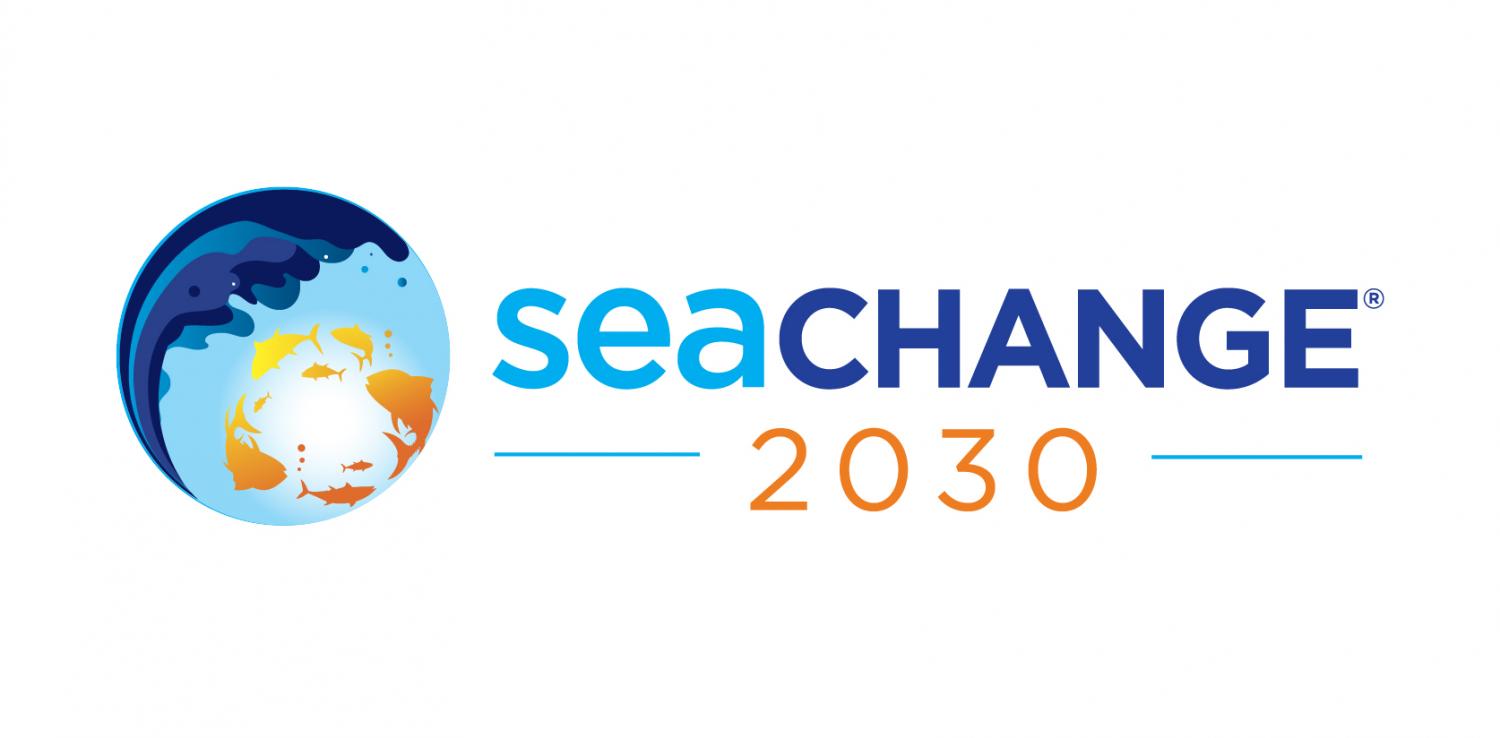
Nowadays, environmental and social issues have gained unprecedented importance in people's lives due to the increasingly evident impacts they are causing. Many business leaders have taken steps towards sustainability, but there is still a range of awareness levels among the population, leading to varying degrees of eco-friendly practices.
Regardless of public perception or consumer opinions, Thiraphong Chansiri, CEO of Thai Union Group Pcl, one of the world's largest seafood manufacturers, remains steadfast in his commitment to sustainability.
He continues to champion sustainability and is taking it to new heights with the introduction of the next phase of the company's strategy. This initiative aims to help reshape the entire seafood industry, a cause close to his heart.
"Do you know that up to 600 million people directly or indirectly rely on the ocean as a source of jobs and food, especially in developing countries? This is why we must move to the next level of our sustainability goals,'' Mr Thiraphong said.

Adam Brennan, chief sustainability officer at Thai Union Group
After the successful launch of SeaChange® in 2016, the first initiative which included a US$100-million investment to transform the seafood industry, Thai Union Group has doubled its budget to $200 million, equivalent to its entire 2022 net profit of 7.2 billion baht, to reach its 2030 goals.
"This substantial investment isn't just an expenditure; it is an investment for all stakeholders. Sustainability is a crucial strategy to preserve our global sustainable future," Mr Thiraphong emphasised.
According to Mr Thiraphong, as each day and month passes, the environmental situation grows increasingly dire, calling for immediate action. Now is the moment for a transformative change. SeaChange® 2030 is a bold initiative with ambitious new objectives that will reverberate throughout the global seafood value chain.
This initiative represents a momentous leap forward for the company's sustainability strategy. Its comprehensive approach not only focuses on restoring and safeguarding the ecosystem through sustainable sourcing and operations, but also prioritises the well-being of communities through responsible labour practices and products. SeaChange® 2030 is set to make a profound impact on people and the planet and the future of the seafood industry.
The commitments under SeaChange® 2030 align with 10 of the United Nations' Sustainable Development Goals and encompass various practices.
Adam Brennan, chief sustainability officer at Thai Union Group, elaborated more on Thai Union's effort to combat climate change. "Thailand has set itself on a course to achieve net zero by 2065. Realising that the food industry accounts for 26% of global greenhouse gas emissions, Thai Union Group plans to reduce greenhouse gas emissions by 42% across its production process and supply chain by 2030 and achieve net-zero emissions by 2050. The company's efforts to reduce greenhouse gas emissions are supporting the government's own net zero goal."

The company is also expanding the scope of its wild-caught seafood commitment to species beyond tuna, which has been its focus since 2016.
The new commitment will ensure that 100% of wild-caught seafood is responsibly sourced or comes from fisheries involved in improvement programmes.
Mr Brennan added that Thai Union's shrimp production will minimise its ecosystem impact and meet industry best practices in welfare and working conditions.
In Thailand, there are approximately 22,000 shrimp farms, so the company needs to be sure that it is working with suppliers who are willing to engage in addressing topics such as traceability, environmental protection, worker well-being, responsible feed and antibiotics.
Additionally, the company will drive circularity by focusing on sustainable packaging innovations, aiming for 100% of branded products to use sustainable packaging by 2025 and advocating for 60% of private label products by 2030, as well as reducing ocean plastics by diverting 1,500 tonnes of ocean-bound plastic through avoidance, mitigation and removal.
Best-in-class manufacturing will be at the core of the company's sustainability efforts as it endeavours to establish a closed-loop system at its five key factories including one of Thai Union Group Pcl; one of Thai Union Manufacturing Co, as well as two factories of i-Tail Corporation Pcl and that of Indian Ocean Tuna. The vision is to achieve zero water discharge, zero waste to landfill and zero food loss within these facilities.



Thai Union is also committed to responsibly sourcing all wild-caught seafood and ensuring best practices are employed on the vessels that supply the company to prevent illegal fishing and modern slavery.
Furthermore, 100% of soy and palm oil is certified, ensuring zero deforestation in their supply chain. All chicken sourced by Thai Union will also meet responsible sourcing standards.
The company plans to contribute 250 million baht towards the protection and restoration of critical ecosystems connected to Thai Union's supply chain, such as mangroves, coral reefs and rainforests.
Mr Brennan emphasises the importance of people solutions, including ensuring a safe, decent, diverse and inclusive workplace. The company aims to have 50% of management positions held by women and all vessels and farms that Thai Union sources from will also adhere to best labour practices.
"We do need to keep protecting those workers, not only in our company, but also our supply chain as well. The recruitment journey from Myanmar to Thailand must happen ethically and responsibly," Mr Brennan said, adding that the company has an Ethical Migrant Recruitment Policy to ensure safe migration for workers.
The company's efforts have been recognised and acknowledged by various organisations, including the Dow Jones Sustainability Indices for the ninth consecutive year in 2022.
"Our commitment to sustainability goes beyond customers and investors; it is now a fundamental aspect of the company's identity," said Mr Thiraphong. "In an ever-changing world, marked by climate challenges like hot climates, droughts and floods, Thai Union is dedicated to aligning with the environment's overall well-being, striving to be the world's most trusted seafood company."
